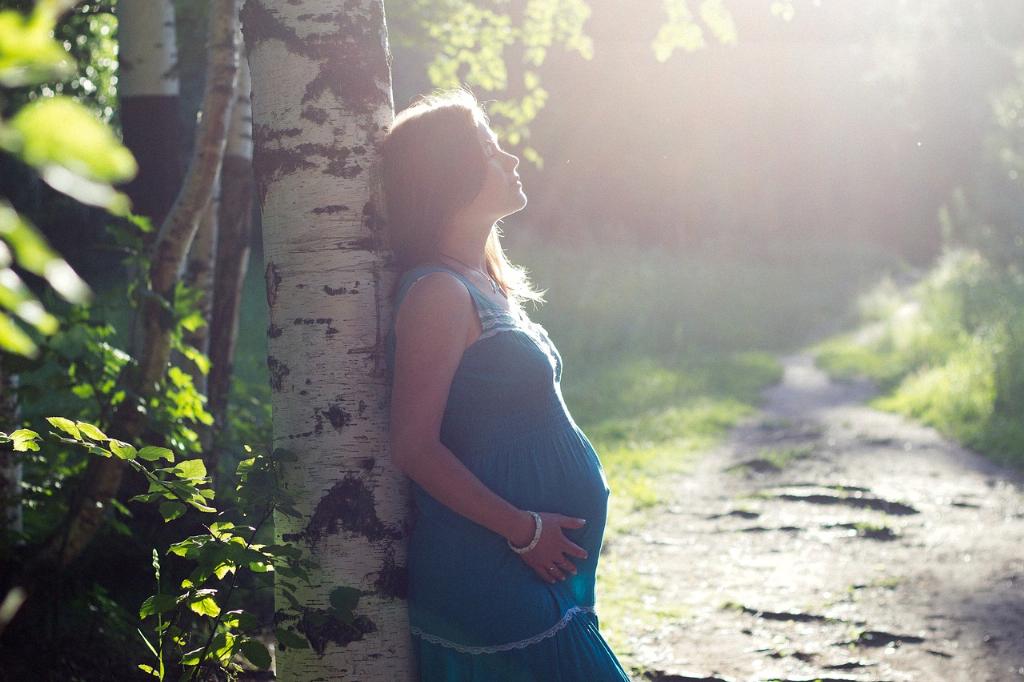Understanding when you conceived based on how many weeks along you are requires a grasp of the basic principles of conception and ovulation. Typically, ovulation occurs roughly two weeks after the first day of your menstrual period, lasting for about two to three days. Knowing this can provide a foundational understanding of your fertility cycle.
Calculating Conception Timeline
To estimate when you conceived based on how many weeks along you are, you need to track back from the current week to determine the likely conception timeframe. By considering the timeline of ovulation around two weeks after menstruation, it becomes clearer when the conception might have taken place.
Identifying Maternal Weeks
Maternal weeks are a standard method of tracking pregnancy, calculated from the first day of the last menstrual period. This timeline is crucial for dating the pregnancy and understanding the approximate conception date. By knowing how many weeks along you are, you can work back to estimate the conception period.
Factors Affecting Conception Date
Various factors can influence the exact date of conception, such as irregular menstrual cycles, timing of ovulation, and sperm lifespan. These variables make it challenging to pinpoint the exact moment of conception based solely on the number of weeks pregnant you are.
Importance of Ultrasound Dating
For precise determination of conception date, medical professionals often rely on ultrasound dating. Ultrasound scans provide accurate information on fetal development and help pinpoint the conception timeline with greater certainty.
Emotional Impact of Understanding Conception
Knowing when you conceived can have emotional significance, offering insights into the journey of pregnancy and fostering a deeper connection with your growing baby. It can enhance the bond between you and your child even before they are born.
Discussing Conception with Healthcare Providers
When seeking to determine the conception date, it is advisable to consult with healthcare providers. They can offer professional guidance, conduct necessary tests, and provide medical expertise to clarify any uncertainties regarding the conception timeline.
Advantages of Knowing Conception Date
Understanding when you conceived can assist in planning for the future, including prenatal care, delivery preparations, and readiness for parenthood. It allows for better organization and preparation as you approach the birth of your child.
Sharing Conception Story
Discovering the conception date can also be a memorable moment to share with loved ones. It marks the beginning of your parenting journey and can evoke feelings of joy, excitement, and anticipation as you recount the story of how your little one came into existence.
Celebrating the Miracle of Life
Every conception is a miraculous event, symbolizing the creation of new life and the continuation of the human race. Understanding when you conceived based on how many weeks along you are underscores the beauty and wonder of pregnancy, highlighting the incredible journey of bringing a child into the world.
Conclusion
While it may be challenging to pinpoint the exact moment of conception based solely on the number of weeks pregnant you are, understanding the general timeline of ovulation and pregnancy can provide valuable insights into the conception period. Consultation with healthcare professionals and the judicious use of medical technology can offer more precise information on when conception occurred, enriching the experience of pregnancy and preparing you for the arrival of your little one.

